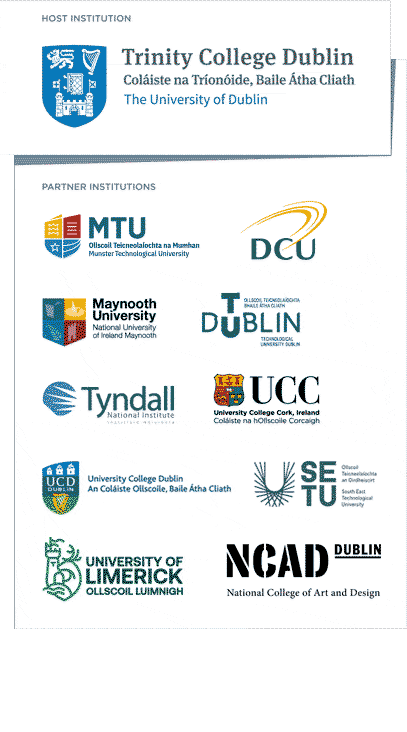
Dr Marco Ruffini, Assistant Professor of Optical Network Architectures in the School of Computer Science and Statistics, at Trinity College Dublin.
A €1 million telecoms research project, O’SHARE, has been launched at the CONNECT Centre in Trinity College Dublin. Led by Dr Marco Ruffini, Assistant Professor in Optical Network Architectures at the School of Computer Science and Statistics, the four-year project will explore ways of improving the capacity of optical networks to cope with the surges in demand experienced at large gatherings such as concerts and sporting events.
O’SHARE is an open-access, SDN-driven architecture enabling multi-operator & multi-service convergence in shared access networks. The project will focus on virtualisation of fibre-to-the-home (FTTH) networks to enable dynamic capacity assignment and multi-tenancy.
“O’SHARE is ultimately about sharing network resources to deliver better results for users,” according to Dr Ruffini. “Take the Electric Picnic, for example, when up to 50,000 people gather in a field in County Laois. The cellular network suddenly experiences a surge in demand – up to a thousand times more than usual. The available capacity reduces dramatically and using a mobile device to access Facebook or to share a video becomes very frustrating.
“All mobile-phone masts are connected to a fibre-optic backhaul network. This will be the focus of O’SHARE’s work as we explore ways of dynamically allocating resources to areas of poor connectivity.
“We will also focus on multi-tenancy which allows several service providers to operate the optical access networks at the same time. This will also lead to greater competition in the market, resulting in cheaper data plans for users.

Dr Marco Ruffini, Assistant Professor of Optical Network Architectures, who will lead the O’SHARE project at Trinity.
Professor Linda Doyle, Director of CONNECT, welcomed the launch: “The ideas in O’SHARE are cutting-edge. As the name suggests they are about cleverly sharing network resources which will lead to reduced costs while delivering the services users need.”
The project, funded through the Science Foundation Ireland (SFI) Investigator Programme, will involve collaboration with several industry partners including Bell Labs and Vodafone. It will also see the recruitment of two senior researchers and two PhD students at the CONNECT Centre in Trinity.
“O’SHARE also plans to develop an international testbed to demonstrate Passive Optical Network virtualisation,” added Dr Ruffini. “Our testbed in Trinity will link to the ‘Bristol is Open’ programmable network developed by the University of Bristol. The plan is to demonstrate how operators can use virtualisation to control different parts of network infrastructure and offer seamless services spanning multiple network domains.”
The project launch was welcomed by Doris Alexander, Research Development Manager in Trinity Research & Innovation who said: “Dr Ruffini’s project, O’SHARE, is one of only 23 research projects selected for funding nationally this year via SFI’s Investigator Programme. We were delighted to support Dr Ruffini’s project proposal which is a wonderful add-on to the SFI-funded CONNECT Centre, a flagship research centre for communications networking, services, applications and technologies.”
Dr Ruffini is a native of Ancona in Italy. He completed his undergraduate degree in Marche Polytechnic University in 2002. He then worked with Philips R&D, before completing his doctorate degree in Trinity College. He is currently coordinating a large-scale EU project on future optical broadband networks known as DISCUS which brings together key players in the optical field from around Europe.
CONNECT is the world leading Science Foundation Ireland Research Centre for Future Networks and Communications. CONNECT is funded under the Science Foundation Ireland Research Centres Programme and is co-funded under the European Regional Development Fund. We engage with over 35 companies including large multinationals, SMEs and start-ups. CONNECT brings together world-class expertise from ten Irish academic institutes to create a one-stop-shop for telecommunications research, development and innovation.
Articles


